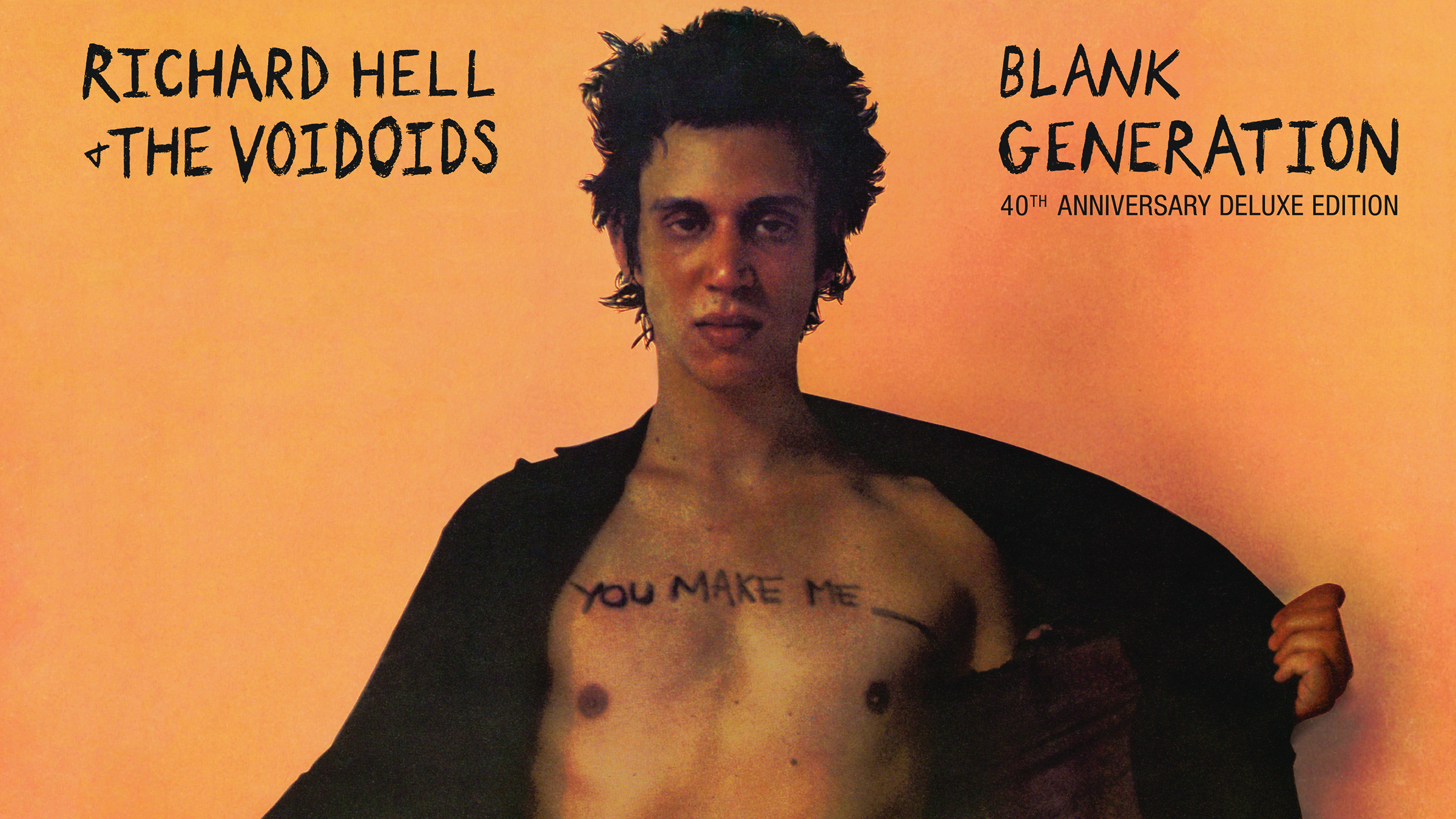Aside from The Ramones’ D-U-M-B exception to the rule, NYC’s CBGB-based version of punk was significantly more cerebral than its largely visceral McLaren encouraged UK counterpart, and Richard Hell – poet, style icon, novelist, nihilist, perfectionist, arsonist – was its nearly man. He could (should) have been huge: broodingly handsome, literate, ambitious, it was Hell who pioneered the electrocuted crop punk hairstyle and first repurposed torn T-shirts with safety pins.
In spite of a co-frontman stint with the original line-up of The Heartbreakers, bass-toting, mannered vocalist Hell’s incarnation of the ‘punk’ sound had way more in common with Television – the band he’d formed with Tom Verlaine in ‘73 – than with the Dolls. Voidoids’ guitarist Robert Quine matched an edgy Verlaine precision with a brink-dwelling Velvets aggression.
Hell and his Voidoids’ Sire label debut is the sound of urban paranoia, of stolen diet pills, cold-water Lower East Side lofts and clucking Bohemia; a thriftshop, gutter-glam, sunglasses-after-dark symphony of the street. Hell might have looked and sounded an awful lot like an imminent future, but Blank Generation echoes the Bleeker Street beats and is as much the last echo of a lost downtown scene as it is the harbinger of a spike-topped new order; its title track parodies Bob McFadden’s ‘59 B-side The Beat Generation, its extensive Another World closing piece is almost avant-garde in its taut improvisational jazz-born ambitions. Elsewhere Love Comes In Spurts jabs and jars as Betrayal Takes Two simplydelights.
Mis-filed under ‘also-ran punk’ for way too long, Blank Generation deserves reappraisal as a truly outstanding late-70s alt.rock classic.

